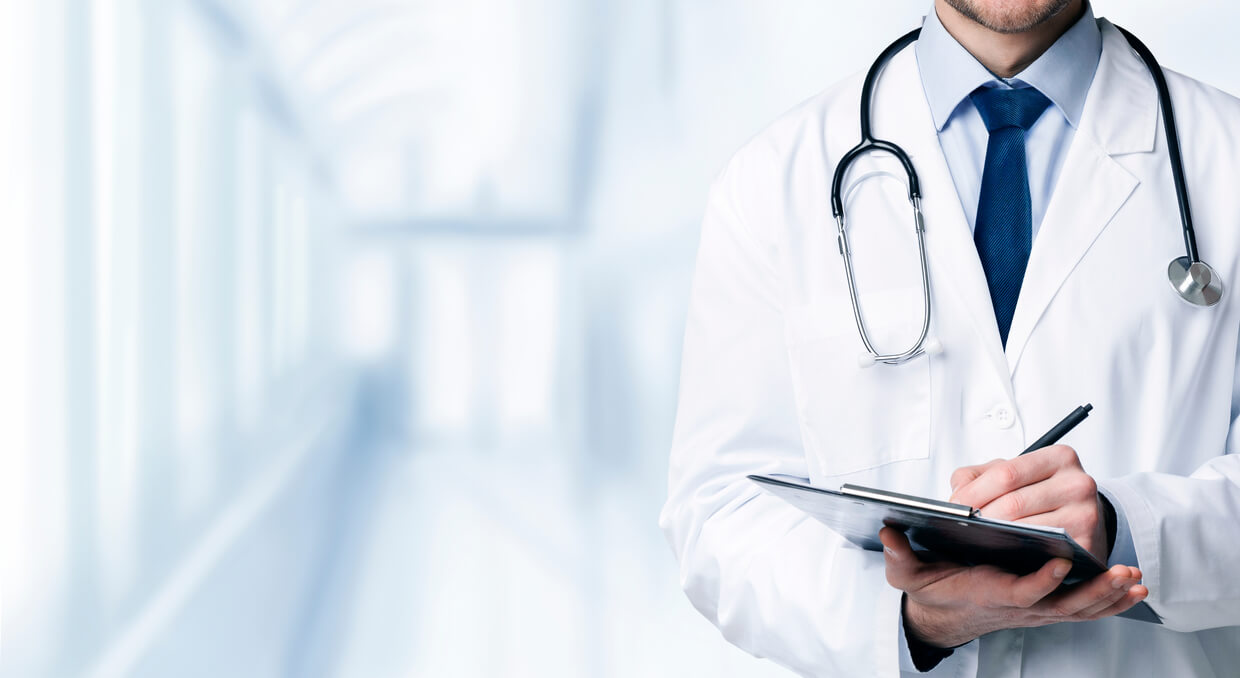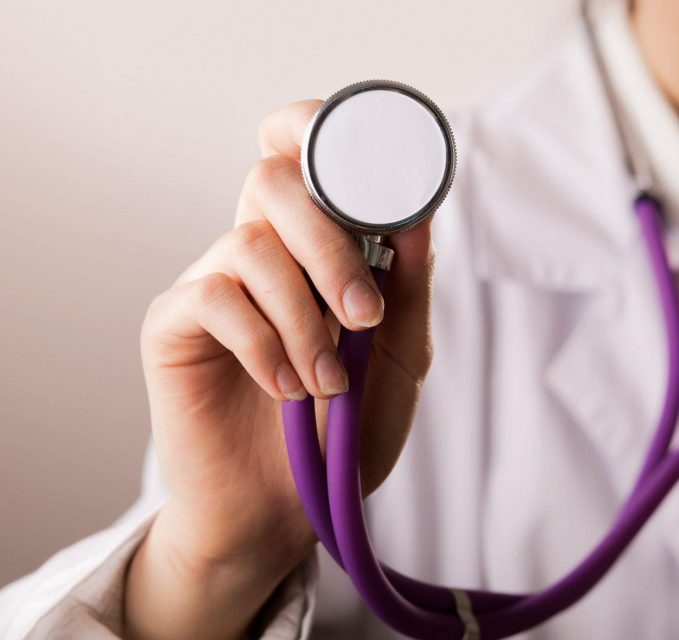

1. MEDICAL EXAMINATIONS
- INTERNAL EXAMINATION: Your results are evaluated by a specialist doctor.
- CARDIOLOGY EXAMINATION: Your results are evaluated by a specialist doctor.
- OTOLARYNGOLOGY EXAMİNATİON: Your results are evaluated by a specialist doctor.
- NEUROLOGY EXAMINATION: Your results are evaluated by a specialist doctor.
- OPHTHALMOLOGY EXAMİNATİON: Your eye examination is performed by a specialist doctor.
- UROLOGY EXAMINATION: Your results are evaluated by a specialist doctor. (For men)
- Gynecology and Obstetrics EXAMINATION: Your results are evaluated by a specialist doctor. (For women)
2. RADIOLOGY ANALYSIS
- Abdominal Ultrasound: It is performed for the diagnosis of diseases of the abdominal organs such as liver, gall bladder, pancreas, kidney, uterus, prostate.
- Chest X-Ray: Radiological evaluation of the lungs and heart
- Uroflowmetry: used to calculate the flow rate of urine over time. (For men)
- Mammography: Imaging of diseases in both breasts
- Measurement of Bone Density: Diagnosis and follow-up of bone metabolism and certain hormonal diseases
- Mammary Ultrasonography: Sonography examination of breast
- Audiometry: Hearing Test
- Breathing Function Test: Test used in the diagnosis and treatment of asthma, COPD and occupational diseases.
3. LABORATORY ANALYSIS
- Fasting blood glucose: Diagnosis of diabetics
- HbA1C: Diagnosis, treatment and follow up of diabetics.
- AST, ALT, GGT: Diagnosis and treatment of liver, biliary tract, heart and kidney diseases.
- Anti HB-s: Indicates hepatitis B disease immunity.
- Anti-HIV: Diagnosis and follow-up of AIDS disease
- Anti-HCV: Identification of immunity against Hepatitis C
- HBsAg: Identification of Hepatitis-B diseases and infection
- Uric Acid: Diagnosis of protein metabolism and gout disease
- TSH: Diagnosis and follow-up of thyroid diseases and functions
- FT4: Diagnosis of thyroid/goiter diseases
- Fecal occult blood: Diagnosis and follow-up of stomach and intestines-related bleeding diseases
- Hemogram: Diagnosis and treatment of many blood diseases and infections, especially anemia.
- Calcium: Diagnosis and treatment of osteoporosis and cardiovascular diseases.
- Creatinine: Evaluation of kidney functions, diagnosis and treatment of kidney diseases.
- Sedimentation: Diagnosis and treatment of many diseases, especially rheumatism and infectious diseases.
- Full Urine Analysis: Diagnosis and follow-up of kidneys, urine, urinary tracts and urinary bladder diseases
- BUN: Kidney function test
- Total cholesterol: Measurement of blood fats and determine the risks in terms of cardiovascular diseases.
- HDL Cholesterol: Benign cholesterol
- LDL Cholesterol: Malign cholesterol
- Triglyceride: Imeasurement of blood fats, in diet arrangements, in order to determine the risks in the care of cardiovascular diseases.
- CEA: Is a tumor marker generally used for the treatment of many cancers (lung, liver, pancreas, stomach, colon, breast, prostate) and for monitoring recurrences. It alone cannot be sufficient for diagnosis.
- CA 19-9: Diagnosis of large intestine cancer.
- CA 125: Diagnosis of ovarian cancer (for women).
- CA 15-3: Diagnosis of breast cancer (for women).
- PSA Total: Used to help diagnose prostate cancer in men.
- Crp: Diagnosis and treatment of inflammatory reactions that occur in the body against microbial or toxins.
- Protein, Albumin: Auxiliary test to diagnose nutritional disorders, liver, kidney and digestive systems diseases
- Sodium, Potassium, Chloride: Indicates the salt balance of body.
- Vitamin B12: It is used in the follow-up of the diagnosis and treatment of diseases related to the nervous system such as anemia, numbness in the arms and legs, and also in the evaluation of mental and behavioral changes in advanced ages.
- Pap Smear: Diagnosis of cervical cancer and other inflammatory diseases (for women).
- Bilirubin: Determination and monitor liver diseases such as hepatitis (jaundice and biliary tract obstruction).
- Protein, Albumin: Diagnosis of nutritional disorders, liver, kidney and digestive systems diseases.
- Sodium, Potassium, Chlorine: Examination of the salt balance of the body.
4. CARDIOLOGICAL EXAMINATIONS
- Echocardiography (ECHO): Ultrasonographic examination of the internal structure and functions of the heart. The heart muscle and valves, along with the vessels coming out of the heart, clots and tumors are evaluated.
- Effort: Effort test for diagnosis of heart diseases.
- Electrocardiography: Diagnosis of heart diseases and arrhythmia



